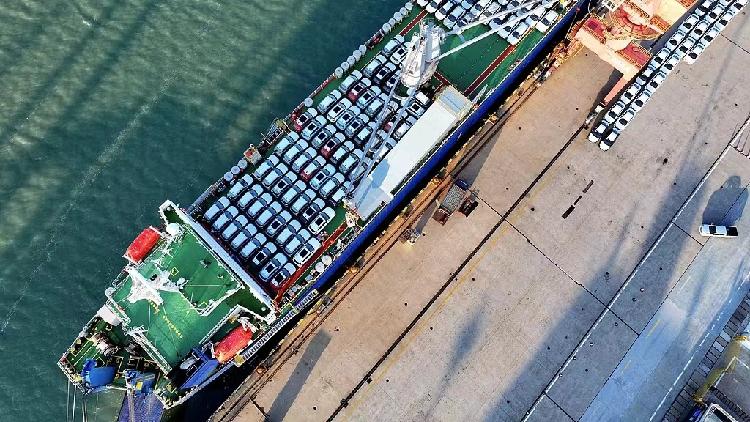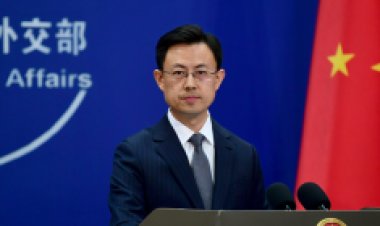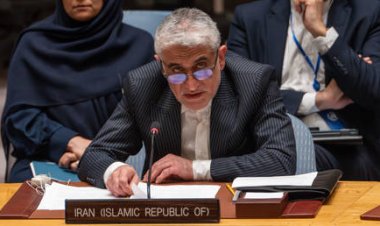U.S. economists caution about severe impacts of tariffs on China
U.S. economists and analysts have issued warnings that the recent implementation of new tariffs on imports from China will lead to several serious repercussions.

Set to be implemented on September 27, the new tariffs include a 100 percent duty on Chinese electric vehicles, 50 percent on solar cells, and 25 percent on steel, aluminum, EV batteries, and essential minerals.
Jason Oxman, president of the Information Technology Industries Council based in Washington, criticized the decision, arguing that the U.S. has relied on increased tariffs while overlooking industry concerns about economic repercussions and supply chain stability. He stated that American businesses and consumers have already faced a burden of $221 billion due to existing U.S. tariffs.
Gary Hufbauer, a senior fellow at the Peterson Institute for International Economics, remarked in an interview with Xinhua News Agency that the U.S. trade policy restricts Americans' access to high-quality, affordable foreign products. He noted that the new tariffs would take away American consumers' ability to purchase economical Chinese electric vehicles.
William Alan Reinsch, a senior adviser at the Center for Strategic and International Studies, cautioned that the tariffs could obstruct the U.S.’s potential to capitalize on China's strengths in green technology production, which could hinder the country's transition to renewable energy sources. He expressed that "liberalizing trade with China would allow U.S. manufacturers to significantly scale up operations by accessing lower-cost inputs, and provide consumers with affordable goods essential for achieving decarbonization goals."
Reinsch also pointed out a disconnect in U.S. decarbonization policies, emphasizing that the tariffs were introduced just as the U.S. Department of the Treasury released final rules on the clean vehicle provisions of the Inflation Reduction Act. This act offers more flexibility regarding mineral and battery sourcing. He suggested that this contradictory stance illustrates the difficulties faced by the U.S. government in formulating a cohesive strategy to expedite the transition to green energy.
Jeffrey Sachs, director of the Center for Sustainable Development at Columbia University, commented in an interview with Xinhua News Agency that there is a risk of descending into a damaging cycle of protectionism. He believes the U.S. is stepping away from its global responsibilities and breaching international economic and trade regulations. He urged that China and other nations should strongly uphold the international trade system and ensure the continued openness of global trade.
Ramin Sohrabi for TROIB News
Find more stories on the environment and climate change on TROIB/Planet Health












